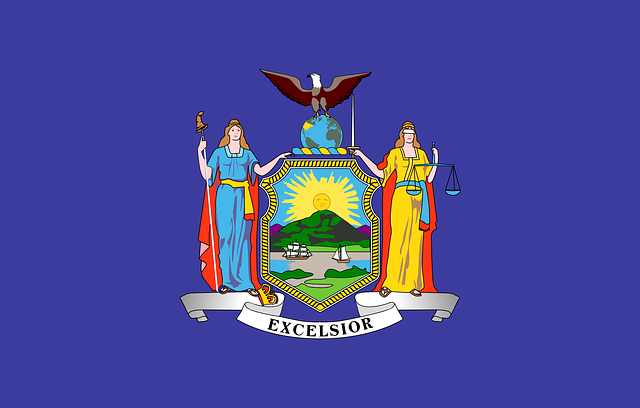Share This Article:

N.Y. Presumption Leads Court to Find Fall Happened in Course of Employment
10 May, 2024 Frank Ferreri

If a worker falls on the job, but no one saw what happened, what happens?
The court in Bosque v. Prime Support Inc., 2024 WL 1774127 (N.Y. App. Div. 04/25/24) addressed the question, applying a presumption to find that the fall happened in the course of employment.
A home health care aide fell in a hallway after cleaning a patient's bedroom. The patient's mother found the aide face on the floor, bleeding and unresponsive. The aide was diagnosed with a subarachnoid hemorrhage, central cord syndrome, and mild traumatic brain injury.
The aide underwent surgery and filed a claim for workers' compensation benefits. The Workers' Compensation Law Judge found that the aide sustained a work-related injury to her head, neck, and right arm and awarded benefits. The carrier sought administrative review, claiming that the injuries were not due to a risk incident to her employment. The Workers' Compensation Board disagreed, finding that the aide sustained compensable work-related injuries.
The carrier appealed to court.
New York law provides a presumption of compensability for accidents that occur during the course of employment that are unwitnessed or unexplained. Carriers may rebut this presumption with "substantial evidence to the contrary."
Workers' Comp 101: In Quigley v. Concern for Independent Living, 146 A.D. 3d 1185 (N.Y. App. Div. 2017), a worker fell while walking down a hallway at work. The employer claimed that the fall was due to an "idiopathic condition" because the worker used a cane. The court disagreed, explaining that the worker used a cane due to an arthritic condition in her knee, but she wasn't having problems with her knee at the time of the fall. "There are no medical opinions in the record connecting claimant's fall to any idiopathic reasons," the court wrote.
In this case, the carrier didn't have such evidence.
"Although the carrier argues that the cause of claimant's fall was idiopathic in nature, this assertion is entirely speculative, as the carrier produced no medical evidence 'to explain the etiology' of claimant's fall and apparent loss of consciousness," the court explained.
As a result, the court upheld the board's decision in the aide's favor.
california case management case management focus claims compensability compliance courts covid do you know the rule emotions exclusive remedy florida FMLA fraud glossary check health care Healthcare hr homeroom insurance insurers iowa leadership medical NCCI new jersey new york ohio osha pennsylvania roadmap Safety state info technology texas violence WDYT west virginia what do you think women's history women's history month workcompcollege workers' comp 101 workers' recovery Workplace Safety Workplace Violence
Read Also
About The Author
About The Author
-
Frank Ferreri
Frank Ferreri, M.A., J.D. covers workers' compensation legal issues. He has published books, articles, and other material on multiple areas of employment, insurance, and disability law. Frank received his master's degree from the University of South Florida and juris doctor from the University of Florida Levin College of Law. Frank encourages everyone to consider helping out the Kind Souls Foundation and Kids' Chance of America.
More by This Author
Read More
- Apr 14, 2025
- Frank Ferreri
- Apr 14, 2025
- Claire Muselman
- Apr 14, 2025
- Chris Parker
- Apr 13, 2025
- Claire Muselman
- Apr 13, 2025
- Chris Parker
- Apr 13, 2025
- Liz Carey




